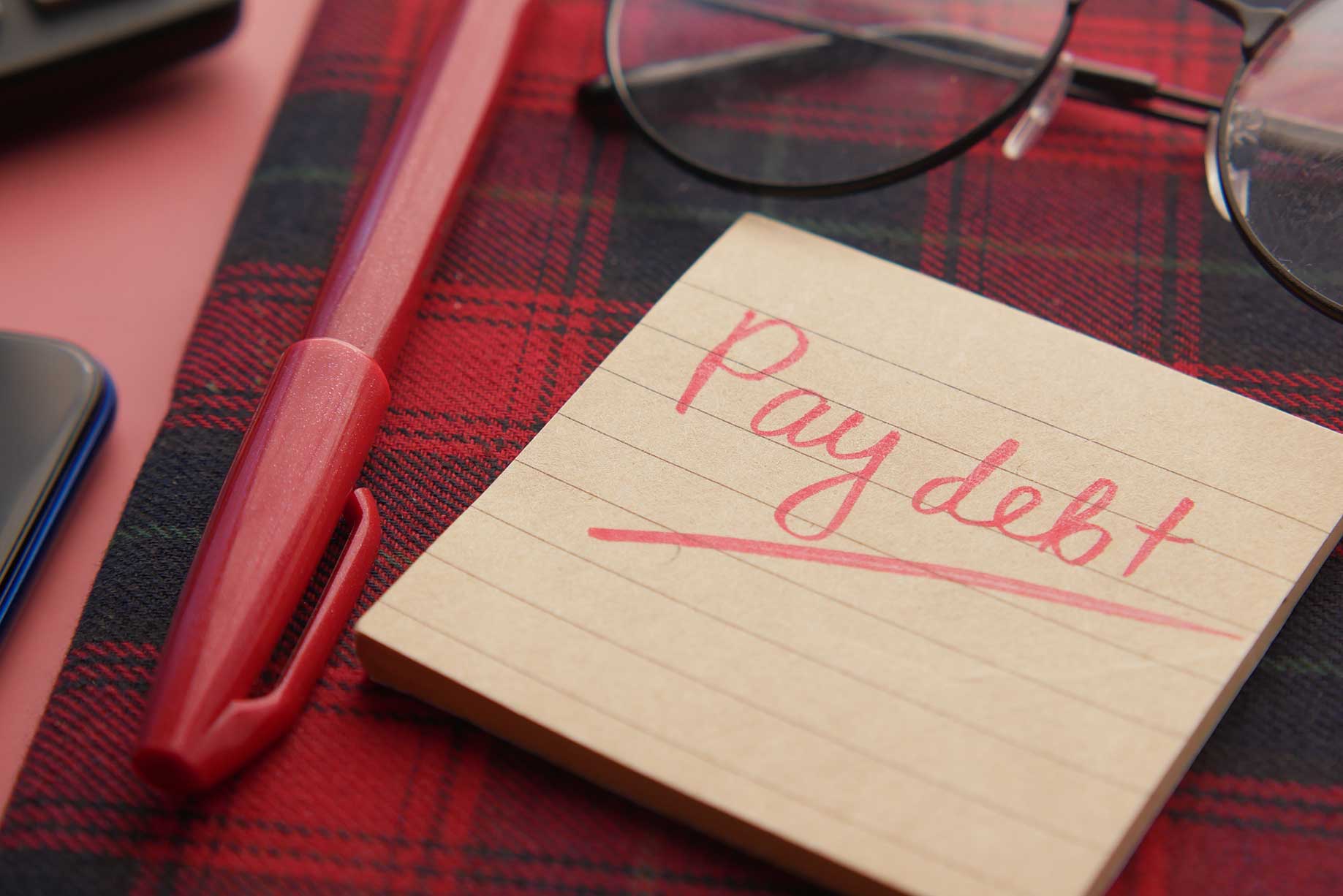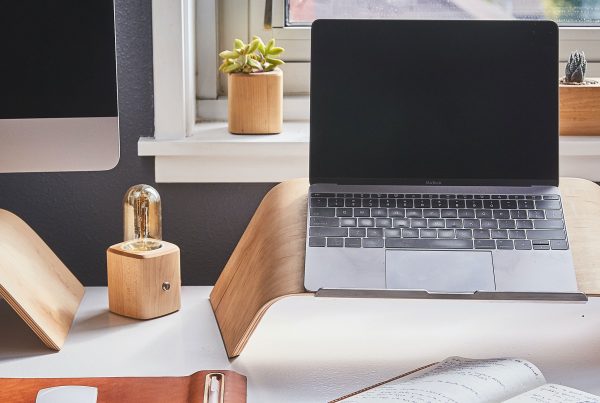Living with the burden of debt adds extra stress to our lives. It may not seem like debt would have such a profound effect, but our mental health can be intricately connected to our financial health. When we’re in debt, it can feel like we’re never going to dig ourselves out of the hole. Our personal dreams—taking a vacation or buying your dream home—get put on the back burner as we toil away trying to make the minimum payments on our bills each month.
Thankfully, there is hope for those struggling with debt. No matter how much you owe, there are proven ways to pay off your debt faster. In this post, we’ll show you how to make some smart financial decisions that can get you that much closer to living a debt-free life.
Understand Your Budget
Before you come up with a strategy for paying off your debts, you need to have a firm grasp on how much money is coming in and going out each month. When you create (and stick to) a budget, you can see where all of your money is going and identify how to cut back in certain areas.
You can use whatever budgeting method works for you. Some people like free budgeting apps like You Need a Budget (YNAB), while others prefer the old-fashioned spreadsheet method. You might need to try a few different things before finding one that is easy to implement.
Whichever method you decide to use, you’ll want to write down exactly how much you owe on your debts, including the total balance, minimum payment, and interest. This will help you determine which bills to pay off first.
Decide on a Debt Reduction Strategy
There are several ways to start paying down your debt, but we’re going to focus on two of the most straightforward tactics: The snowball method and the avalanche method.
Snowball Method
With the snowball method, you pay off your debts from the smallest to the largest, wiping out the bill with the lowest balance first while making minimum payments on all the others. Then, once you have paid off the first one, you put the amount you were paying each month toward the next debt, and so on.
Avalanche Method
With the avalanche method, you begin with the debt carrying the highest interest rate and work your way down. Then, once you get your “worst” debt out of the way, you can direct the funds toward the debt carrying the next-highest interest.
With both of these methods, you will begin to build more confidence and excitement as you start tickling debts off your list one by one.
Create an Emergency Savings Account
Life is full of surprises, so you also need to plan for the unexpected. For example, the car could break down. You may need emergency dental work or have to take care of any number of unplanned situations. While these circumstances are unavoidable, you can rest easy if you have emergency funds to cover them.
While creating a savings account while trying to pay off your debt seems counterproductive, it’s better than having all your good intentions fall apart.
When you do your budget, create a “bill” just for savings, and make a deposit each time you get paid. Then, after a while, you’ll have a decent little rainy-day fund to help you in a pinch.
Get a Side Gig
A side gig is one of the smartest ways to pay off your debt and get your finances in order. You can use the money you earn to fund the emergency account mentioned above or simply make bigger monthly payments on your bills.
There are endless side hustles you can get involved in these days. You can start a dog-walking business, sell unwanted items online, become a YouTube influencer, and more!
One of the most popular gigs for paying off bills is paid online surveys. With online surveys, you dont need any special skills to start earning right away. Plus, you can work whenever and wherever you want, as long as you have a smartphone or computer and internet access.
Reduce Your Spending
When you’re trying to pay off a lot of debt, you will inevitably need to make a few sacrifices. However, they don’t have to be too traumatic if you play your cards right. Reducing your spending can become a sort of game to see just how creative you can be.
There are plenty of things you can stop spending money on to help you save money right away. For example, you could drop streaming services like Netflix and Hulu for a few months and use the money you save to pay off one of your debts. Or you could decide to make lunches at home, so you dont have to pay ridiculous prices just for a salad or sandwich.
Don’t forget about basic strategies like using coupons, either. A frugal lifestyle will go a long way toward helping you with your debt issues, and you may even get hooked!
Freeze Your Credit Cards
Many people get in the habit of using credit to pay for everyday necessities, especially when times are tight. Once you start paying off your debts, it will be tempting to start spending again on your credit cards.
However, this can have devastating effects. Try to get by on cash alone rather than take the chance of racking up another bill. Many people have resorted to actually freezing their cards in a block of ice. This can slow down the process of using them, forcing you to come up with other creative solutions while you wait for them to thaw. Don’t forget, the lower your balances are on your credit cards, the higher your credit score can go. And nothing feels quite like having an excellent credit score and being debt-free.
Get Outside Help if Your Debt Is Too Overwhelming
If you are in way over your head, drowning in collection calls and letters, it might be time to enlist some outside help. After all, you can’t pay off your debts effectively if you can’t work. And you will have a hard time at work if your mounting debts are keeping you awake at night, not to mention the toll it takes on your body.
There are ways to gain control of your situation by talking with a nonprofit credit counseling group. These agencies can contact your creditors on your behalf and help you develop a plan that includes one reasonable monthly payment to be dispersed accordingly.











